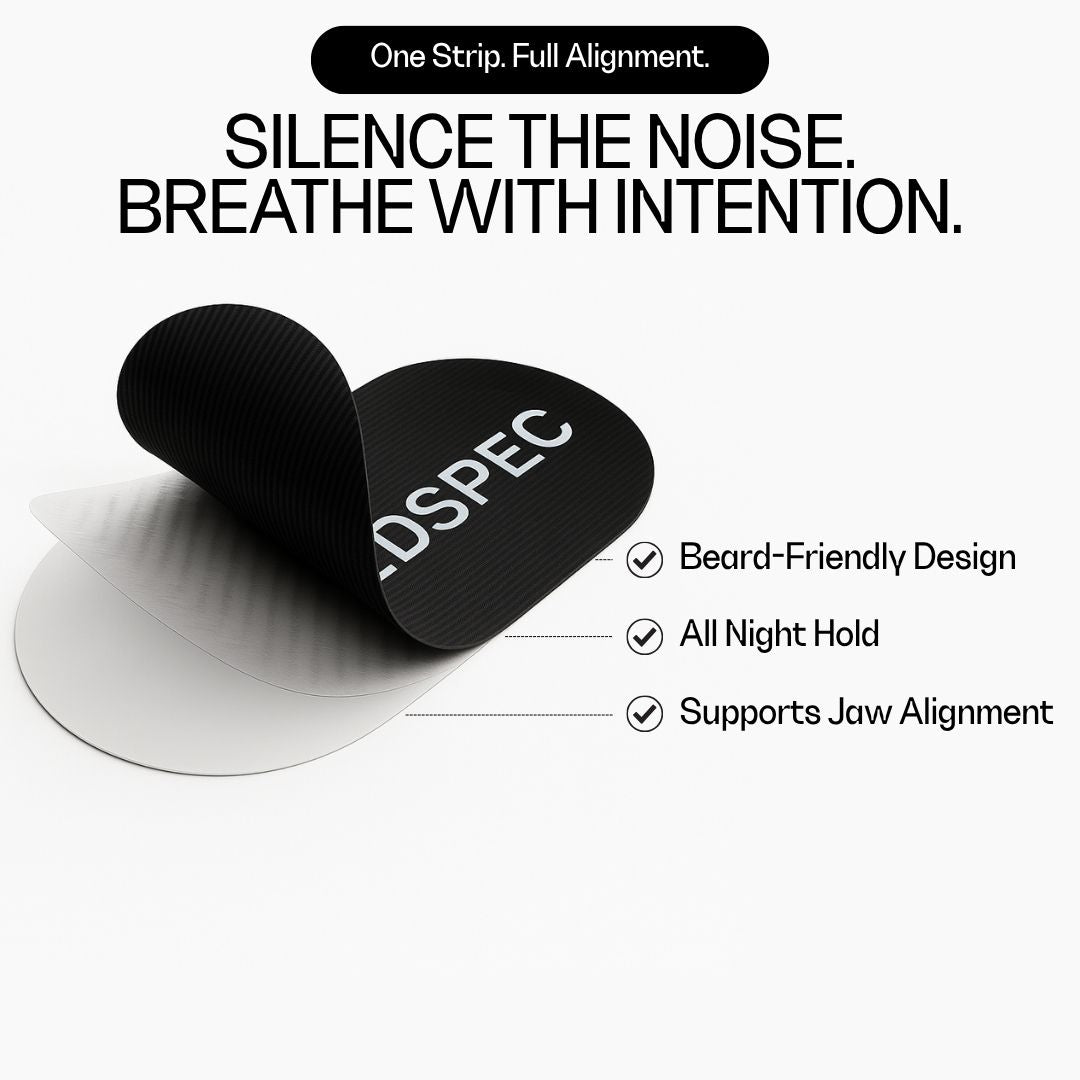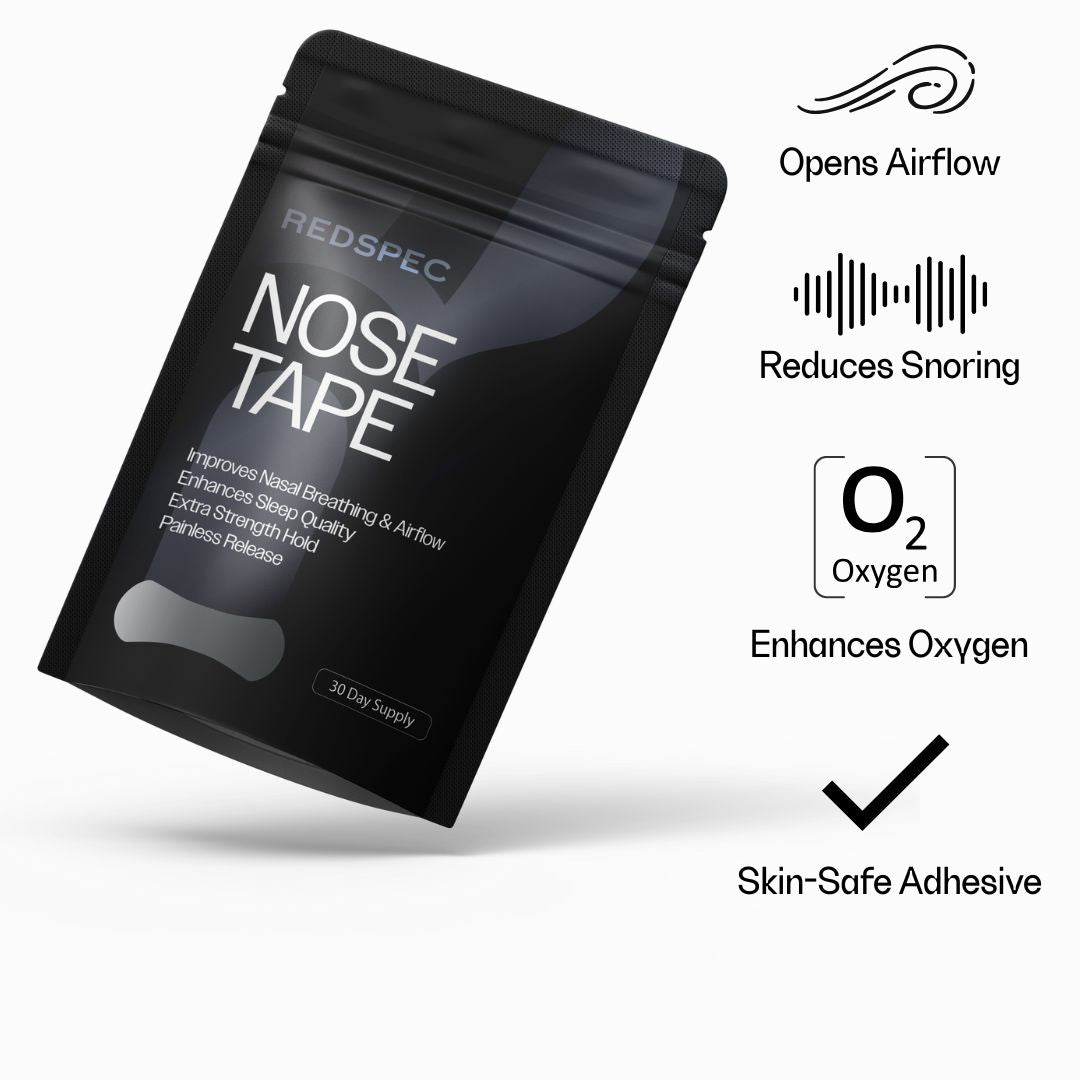Light controls your hormones.
Not in theory—in real, measurable cycles. Every time light hits your eyes, it tells your brain which chemicals to release, suppress, or shift. The most powerful of these cues? Blue light. Specifically, short-wave blue (around 460–480nm), which your body interprets as “daylight.”
Filtering that spectrum doesn’t just protect your vision—it recalibrates your internal chemistry.
Here’s what changes inside your body when you filter blue light with intention.
1. Melatonin Returns
Under normal conditions, your pineal gland begins releasing melatonin as light fades. But artificial blue light—especially from screens and LEDs—blocks this process. Just a few minutes of exposure in the evening can delay melatonin release by hours.
When you filter blue light:
-
Melatonin secretion begins earlier
-
Sleep latency decreases
-
Sleep depth improves
It’s not just about falling asleep—it’s about the quality of rest your brain can access.
2. Cortisol Calms
Cortisol isn’t the enemy. You need it to wake up, think clearly, and handle stress. But constant exposure to alerting light—especially late in the day—keeps cortisol elevated when it should be tapering.
When blue light is filtered:
-
Evening cortisol release slows
-
Nervous system shifts from sympathetic (alert) to parasympathetic (rest)
-
Mood stabilizes, anxiety drops
This isn’t a placebo—it’s a shift in how your system regulates itself.
3. Serotonin Stays in Balance
Serotonin and melatonin are deeply connected—one converts to the other. If blue light blocks melatonin, it can also disrupt serotonin’s cycle. That shows up as mood swings, irritability, and disrupted sleep-wake patterns.
Filtering blue light helps stabilize:
-
Daytime serotonin activity
-
Evening conversion to melatonin
-
Overall circadian rhythm integrity
It’s not about one hormone—it’s the sequence that matters.
4. Leptin and Ghrelin Regulate
Your hunger hormones are also light-sensitive. Disrupted sleep from blue light exposure can cause a spike in ghrelin (hunger) and a drop in leptin (satiety), making it harder to manage energy, cravings, and metabolic stability.
When blue light is filtered properly at night:
-
Sleep improves
-
Hunger hormones rebalance
-
Metabolic function normalizes
Your body doesn’t follow a clock. It follows light.
By filtering blue light, especially in the evening, you’re not just helping your eyes—you’re restoring the hormonal rhythm that keeps your system stable, focused, and resilient.
RedSpec exists for exactly that reason: to make the invisible biological shifts visible, manageable, and aligned.








Leave a comment
This site is protected by hCaptcha and the hCaptcha Privacy Policy and Terms of Service apply.